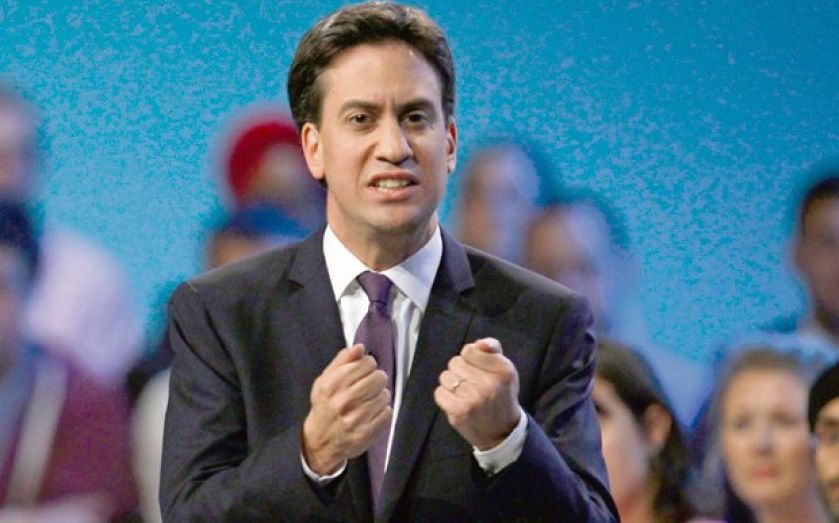The cost of living crisis isn’t over – but Ed Miliband still won’t solve it

PAY GROWTH at 1.7 per cent, inflation at 1.6 per cent on the consumer price index (
I’m not so sure. Labour’s message is indeed confusing. The party spent three years telling us we needed more government spending. Even under its own assumptions, this would have led to higher prices and, given the existence of sticky nominal wages, lower real wages and squeezed living standards. Yet now the party’s argument is that inflation, representing increases in the cost of living, is bad. Given that Labour seemingly supports the Bank of England’s monetary policy stance, there’s nowhere to go but to suggest that government tries to control prices directly, as attempted disastrously in the 1970s.
Nevertheless, Labour surely has a point about living standards. There has been a huge real wage squeeze since 2009. Real average weekly earnings are 10 per cent below their peak – taking us back to the levels seen in 2004. We are unlikely to get back to pre-crisis levels in this decade. While average total pay has risen by just over 6 per cent in the last four years,
Even now, the headline figures that suggest pay is growing faster than
Nevertheless, it looks as if wages will outstrip pay in the near future. How might this play out politically? If wages continue to grow faster than prices, Labour will likely shift its “cost of living crisis” narrative away from real wages to particular sectors that are of great expense to many: energy, housing and childcare. This is more fertile territory. Scary house price inflation – 17.7 per cent growth in London in the year to February 2014 – looks like a price bubble. UK energy prices have increased significantly in recent years, and the Resolution Foundation estimates that childcare can cost up to 40 per cent of net family income.
In all of these areas, however, prices are structurally higher because of misguided government interventions. Overwhelming academic evidence suggests the key reason for high house prices is our planning system (though cheap money and Help to Buy are playing a shorter-term role). Energy prices are inflated by the green agenda, and the regulation of childminders makes childcare more expensive. Yet Ed Miliband’s proposed solutions are more subsidies, government control of prices and state-directed house building.
If you think about the “cost of living crisis” by just examining real wages, the data suggest the crisis is coming to an end. But there is a “cost of living crisis” for many of the poorest in the UK due to the high price of housing, energy and childcare. Unfortunately, Miliband’s state-centric responses are not solutions to these problems.
Ryan Bourne is head of public policy at the Institute of Economic Affairs. @MrRBourne